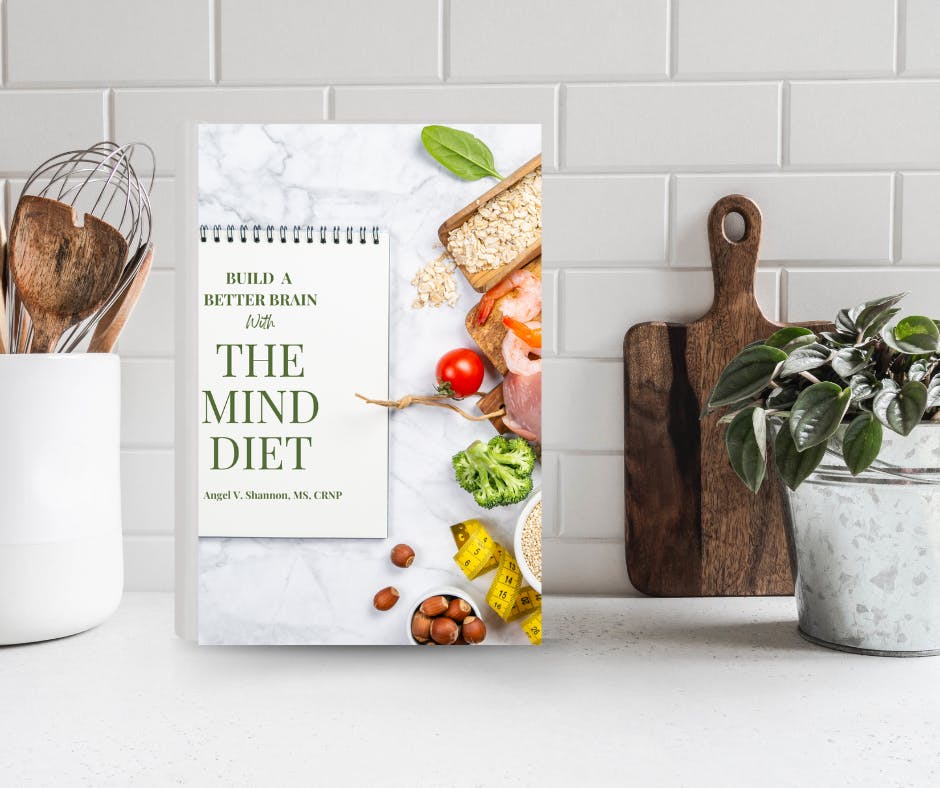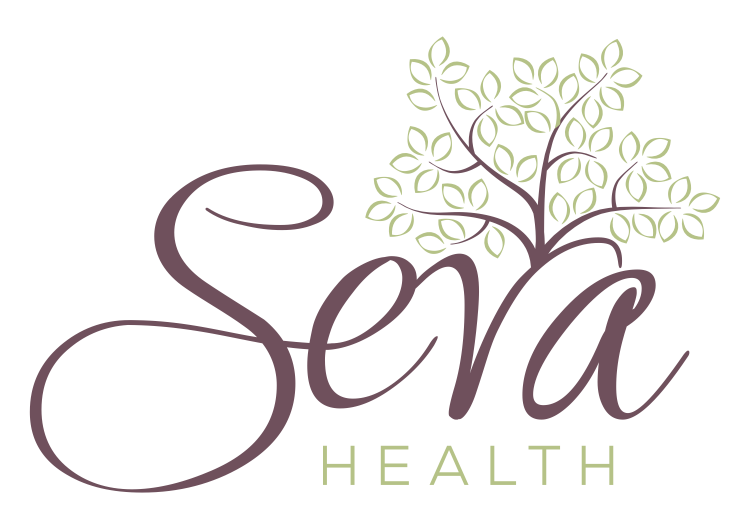
28 Aug Afternoon energy crashes? Here’s help!
|
Your weekly housecall filled with everything you need to know to live longer and live better—naturally. Missed an issue or want to forward to a friend? Find it all right here. Hello there, friend! Recently, I had a patient come in asking a question that I’m sure you’ve asked yourself too from time to time, “Does fish oil really work? How much should you take?” This is such a common question I figured you might want a straightforward answer, too. What Exactly Is Fish Oil?Fish oil is a dietary source of omega-3 fatty acids. Your body needs omega-3 fatty acids for many functions, from muscle activity to cell growth. Omega-3 fatty acids are derived from food. They can’t be manufactured in the body. Fish oil is oil derived from the tissues of oily fish. Fish oils contain the omega-3 fatty acids eicosapentaenoic acid and docosahexaenoic acid, precursors of certain eicosanoids that are known to reduce inflammation in the body and improve hypertriglyceridemia (elevated triglycerides). While there’s often a lot of talk about fish oil for heart health, one area that’s often overlooked but plays a critical role in overall well-being is brain health. What Does Fish Oil Do In The Brain?The brain requires specific nutrients to function at its best throughout the day and omega-3 fatty acids are essential for this process. These healthy fats are vital for maintaining cognitive function, mood balance, focus, and even protecting against age-related decline. The human brain is the fattiest organ in your body, made up of 100 billion neurons constantly working to keep you functioning. To perform at its best, your brain requires a steady supply of omega-3 fatty acids. But are you getting enough of these essential fats? Omega-3s are key to brain health, particularly essential fatty acids (EFAs). The problem? Your body can’t produce EFAs on its own, so you need to get them from your diet.
There are three main types of omega-3s: alpha-linolenic acid (ALA), eicosapentaenoic acid (EPA), and docosahexaenoic acid (DHA). ALA is abundant in plant oils, while EPA and DHA are commonly found in fish. DHA: The Brain’s Super FatDHA is a powerhouse, making up over 90% of the omega-3s in your brain and about a quarter of its fat content. It supports crucial functions in cell membranes and aids in brain and eye development. DHA also helps reduce the risk of conditions like:
Low DHA levels have been linked to neurodevelopmental issues like ADHD and neurodegenerative diseases such as Alzheimer’s. Getting enough DHA and EPA is less of a concern if you eat fish. But for vegetarians and vegans, ensuring adequate levels of these fatty acids can be challenging, as plant-based sources provide mainly ALA, which the body must convert to EPA and DHA. Unfortunately, this conversion is inefficient due to limitations like genetics, diet, and age. Omega-6 Fatty Acids: The Balance FactorNow, let’s talk about omega-6 fatty acids, specifically linoleic acid. While omega-3s are anti-inflammatory, omega-6s tend to promote inflammation, leading to their bad reputation. However, omega-6s also have their benefits, such as lowering LDL cholesterol, boosting HDL cholesterol, and improving insulin sensitivity. The key is balance. Consuming the right amounts of omega-6s and omega-3s helps maintain optimal health. However, too much omega-6 can upset the ratio, and unfortunately, omega-6 doesn’t contribute to the brain’s need for DHA. Vegan or Vegetarian? Algae to the Rescue!So, if plant-based diets aren’t enough to meet DHA and EPA needs, should vegans and vegetarians resort to fish or fish oil supplements? Not necessarily. Algal oil is a sustainable, plant-based source of EPA and DHA. Algae, the primary food source for fish, offers comparable levels of these fatty acids, making it an excellent alternative. Algal oil supplements are a vegan-friendly option, packed with antioxidants, vitamins, and minerals, without the environmental concerns of overfishing or the risk of mercury exposure. Remember, your brain thrives on essential fats like DHA and EPA. Even if you follow a plant-based diet, algal oil can ensure your brain gets the nourishment it needs to stay healthy. Want a more personalized approach to your health and supplement regime? Schedule a consultation today to discuss your health concerns and get a personalized plan to start feeling better FAST. Don’t wait—take control of your health and future now.
Yours in good health, Angel Late Day Energy Crashes? Here’s Help!
Fruit-infused water is one of my go-to methods for staying hydrated while indulging in a little daily luxury—it’s like having spa water at home! Not only do fruits provide a burst of refreshing flavor, but they’re also packed with antioxidants that help stay energized and protect our bodies from illness. More crucially, fruits are an excellent source of water, which is essential for keeping our brain, organs, tissues, and every cell in our body functioning at their best. This set of simple recipes will not only keep you hydrated but also spark your culinary creativity. Enjoy!
For more tips on enhancing brain function, be sure to check out Build a Better Brain, a special edition of Healthy Housecalls with Angel. Remember! Pay attention to your body’s signals—such as brain fog, slower processing, headaches, or memory issues—as these might be signs that it’s time to drink more water! Struggling With Brain Healthy Meal Prep? Let’s Prep Together! This special edition of Healthy Housecalls With Angel is all about brain health, giving you the tools to build a healthier brain. Delivered twice a month, this subscriber-only newsletter focuses on functional nutrition to help you make smarter food choices. Here’s what you’ll get:
Imagine how different your life will feel with more focus, a sharper memory and greater productivity. Click the button to say Yes, Angel. I want to build a better brain!
GET A FREE BONUS WHEN YOU SIGN UP!
GET YOUR FREE BONUS e-Book!New subscribers get access to my latest eBook: Build A Better Brain With The MIND Diet. The MIND Diet is designed to optimize overall health and has been shown to benefit brain health in particular! Your MIND Diet ebook includes:
Fit & Functional Nutrition CornerThis satisfying dinner recipe supports healthy aging and is packed with omega-3 fatty acids, which are often found in fish and have been shown to help reduce inflammation and improve heart health as you age.
*Live Rewind*Missed out? No worries – you can catch up and listen in today!
Anxiety, Depression, ADHD: how do you figure out where anxiety and depression end and ADHD begins especially if you’re a woman?
Recharge Your Brain for Life! What’s New in My Health Toolkit
Did you know…?
The Wheat Zoomer panel assesses sensitivity to wheat, autoimmune disease, and intestinal barrier stability. If you suspect you have wheat sensitivity, multiple food sensitivities, intestinal permeability, autoimmune disorders, or chronic inflammation, you may benefit from this panel.
Health Research + News You Can Use
|
|
|
For some time now, researchers have known there is a connection between Alzheimer’s disease and cardiovascular disease.
Previous studies have linked heart conditions like high blood pressure, dyslipidemia, coronary artery disease, and atrial fibrillation to an increased risk of developing Alzheimer’s disease and other forms of dementia.
| Keep Reading |
|
|
What are you choosing today?
|
|
? When you choose your thoughts, you choose your life. What are you choosing today?
| Check Out the Community |
We Want to Hear from You!
With millions of people around the world, we know there are a lot of stories about how small changes in lifestyle led to great success.
We’re sure you have one of those stories!
Take a moment to share your story and get the chance to be showcased in our new Reader Spotlight right here and on our blog.
Click REPLY, send us your story and we’ll also include it in an upcoming copy of our newsletter!
Let’s connect!

:max_bytes(150000):strip_icc():format(webp)/3758972-0a75f28bdc9c4560a7b169f6a1af2154.jpg)
No Comments